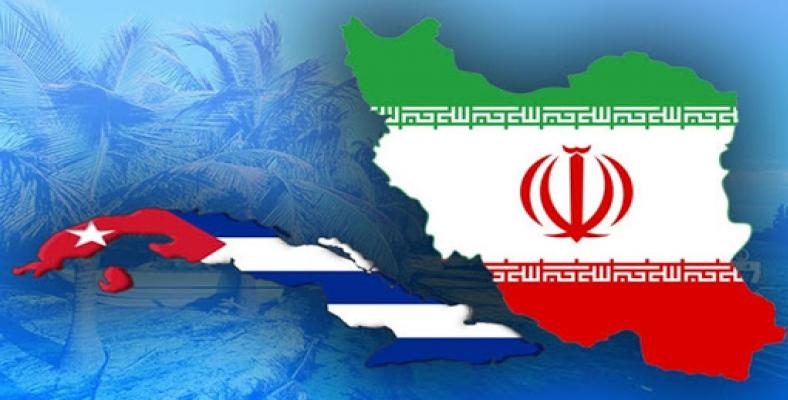
By Roberto Morejón
Renowned scientific institutions in Cuba and Iran, countries under U.S. sanctions, have decided to expand their cooperation for the good of the health of their peoples.
As a result of an official visit to Tehran by Cuban President Miguel Díaz-Canel, directors of the Pasteur Institute in Iran and the Finlay Vaccine Institute in Havana signed a memorandum of understanding that will allow them to increase cooperation in biotechnology.
The agreement contemplates the transfer of knowledge in the field of vaccines as well as for the clinical development of biologics.
This is not an isolated event, because representatives of both Institutes established ties in 2016, and three years later they signed the first agreement.
Exchanges and mutual support were highlighted during the Covid-19 pandemic, starting with the vaccine from the largest of the Antilles, Sovereign 02.
The Cuban dignitary described the nexus between the Pasteur and the Finlay as a successful experience, so there are reasons to continue developing joint projects, to which the BioCubaFarma institution has also made contributions.
The statements, together with other agreements signed during the stay of the Cuban president in Tehran, have the encouragement of the Iranian president, Ebrahim Raisi.
The statesman advocates unifying and taking advantage of the potentialities and creativity of both peoples, in difficult circumstances due to Washington's hostile actions.
From the Cuban side, they emphasize the mutual interest of a greater integration and complementarity between the Finlay Vaccine Institute and the Pasteur Institute.
Scientists from the Caribbean nation, characterized by their talent, skills and dedication, praise the performance of their Iranian counterparts.
They play a key role in the fact that the Persian country produces just under 90 percent of the drugs required by its healthcare system.
For their part, the men and women of science in the largest of the Antilles are overcoming material shortages, mainly caused by the U.S. blockade, and pursuing research of interest.
Every day they honor Carlos J. Finlay, Cuban doctor who discovered the agent that transmits yellow fever.
The Iranians, for their part, honor Louis Pasteur, French chemist, physicist and bacteriologist, whose discoveries were of enormous importance in the field of natural sciences.

